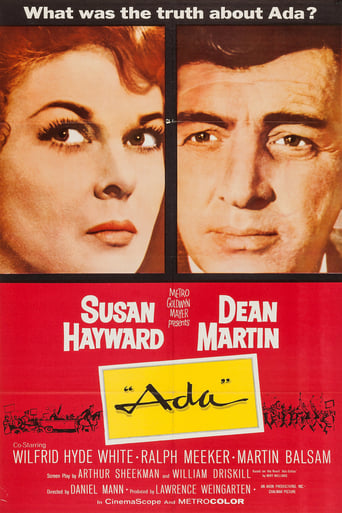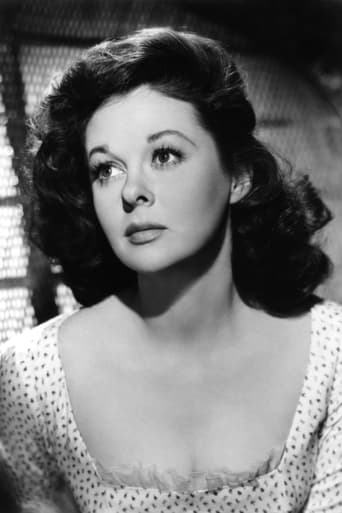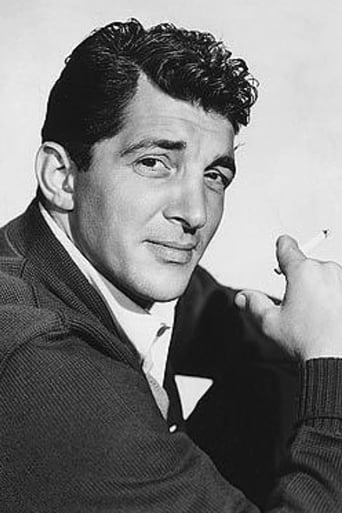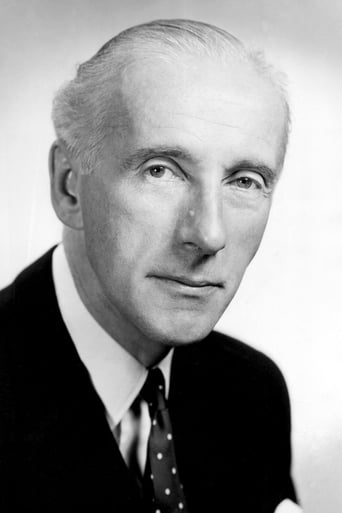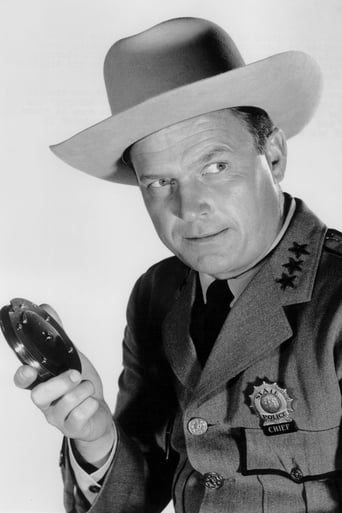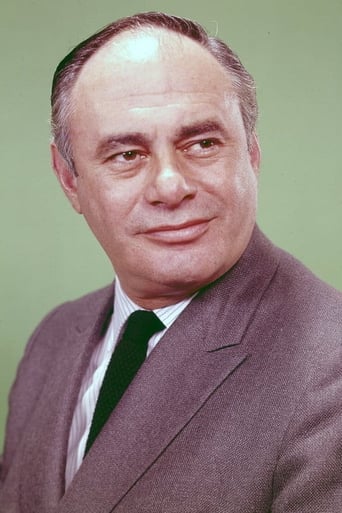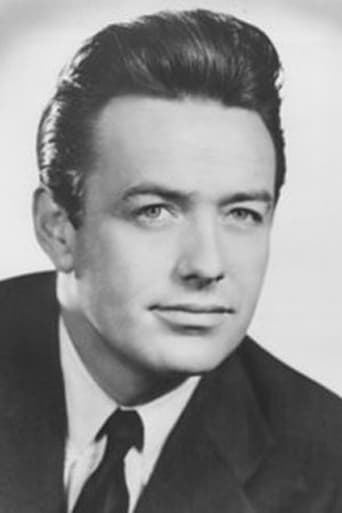jacobs-greenwood
This above average political (campaign) drama by Daniel Mann, features Susan Hayward, whom he'd earlier directed in the Lillian Roth biography I'll Cry Tomorrow (1955), in the title role. The film also stars Dean Martin, Wilfrid Hyde-White, in a very non-Colonel Pickering role four years before My Fair Lady (1964), Martin Balsam, and Ralph Meeker, among others.Martin plays a political novice, whose only qualifications are his looks and easy going nature which makes him good with people, that's elected Governor of a Southern state with the assistance of power broker Hyde-White, who pulls all the strings until Hayward, as Martin's newlywed "trollop" wife, intervenes. Balsam plays Martin's speech-writer, who shares the same humble beginnings, and Meeker plays a lecherous cop, who does Hyde-White's dirty work.The first 30 minutes or so introduces us to the characters: Bo Gillis (Martin) is a guitar playing, twice elected Sheriff of a small town (in an unnamed Southern state, probably Mississippi or Louisiana) who's running for Governor. We learn later that he was plucked out of a bar by Sylvester Marin (Hyde-White), an insider who controls the state legislature, to be the Reform party candidate running against the incumbent(s). Tabs are kept on Bo by Steve Jackson (Balsam), the now grown-up "smart kid" from his neighborhood who now acts as his speech-writer.After one rally, Alice Sweet (Connie Sawyer) provides a call girl for Bo's entertainment, who accepts against Steve's protestations. Actually, it's not made too clear whether Bo realizes that Ada (Hayward) had been "bought and paid for" him or not; Martin plays it as if he lured her with his own charm. In any case, on the lonely campaign trail, Ada is a breath of free air, and after three weeks, three weeks before the election as well, they elope.By now, Bo knows of her humble beginnings as the daughter of a sharecropper, and her struggles to get out of Alabama by being a friend to men for money. But, he doesn't care, and he genuinely seems to love her. It appears that she loves him too, that she's not just a gold digger looking for a leg up. However, that "fact" is called into question, at least by Bo, as events unfold. We meet Sylvester, who successfully hides Ada's background from the press while exposing the opposition candidate's wife as a drug addict, thanks to police Colonel Yancey (Meeker). Of course, Bo is elected.The rest of the film is about Bo as Governor, and the power struggles that ensue when Ada tells him that it is HE, and not Sylvester Marin, who was elected. It seems that being Governor isn't all that it's cracked up to be, to Bo. Everyone bypasses his office on the way to Sylvester's, who asks Bo to sign his name to dozens of pieces of paper each day, none of which Bo reads.It isn't until Ronnie Hallerton (Frank Maxwell), also from Bo's hometown and now Lieutenant Governor thanks to Sylvester, brings a "park bill" to Bo's attention that he thinks there is anything wrong. Bo learns that, thanks to his own signature, the State is going to pay large sums of money to Sylvester's friends, who invested in Bo's campaign, to build parks, the need for which is nebulous. The State, of course, will have to raise taxes to buy the land.Meanwhile, Ada has been propositioned by Yancey, who is now head of security for the Governor, and gotten Steve to get her invited to an "old money" tea party. In a scene that may have been done better, Hayward plays Ada as a woman who realizes the power of her newly elected husband, and demonstrates a desire to wield it as her own. She effectively "takes names" of the stuffy women obsessed with their own blue blood backgrounds, and later gets an opportunity to deliver their comeuppance.When Sylvester learns that it was Ronnie who woke up Bo as to what he'd been signing, he forces Hallerton to resign. Bo tells Ada about the whole goings on and she manipulates Sylvester into having her sworn in as Lieutenant Governor. Bo is not sure whether Ada is his partner or Sylvester's, but suspects the worse. His suspicions are confirmed, at least to him, when he is injured by a car bomb, allowing Ada to be sworn in as acting Governor while he recovers.When Sylvester learns that Ada is not his ally, but is Bo's instead, he uses Yancey, who uses Alice, to get what he needs to discredit Ada. Fortunately, there are some honest men (played by Larry Gates & Bill Zuckert, maybe Charles Watts) in the legislature who are willing to help Ada and stand up to Sylvester, "his" Speaker (Ford Rainey) and another "bought" Senator (Robert Simon). The final "showdown" scenes in the Capitol Building are surprisingly good and well choreographed.A few recognizable character actors appear uncredited: Emory Parnell plays the security guard at the Governor's office when Bo and Ada first see it; Mary Treen plays a woman that offers Ada pie at a rally before the election; Bill Walker plays the servant at the Governor's mansion.
Robert Gold
I enjoyed this Susan Hayward film, even if it had a few holes in its overall plot. No film can be truly bad with someone like Susan Hayward in it (and yes, I think that goes for Valley of the Dolls (1967) too), so you can't really lose if you watch a Susan Hayward film. She's confident, aggressive, smart, sassy, and attractive. As for the film itself, it had some gaping plot holes. For instance, why did Sylvester end up in a wheelchair being pushed around by a nurse? Was something cut and never explained in the final cut?Another hole: I believe that digging up the dirt that someone worked as a prostitute would be fairly easy to find. They had detectives in those days too. You would think that Ada's past would have caught up with her much earlier.Another thing: as one reviewer also said, in the story various characters speak of the rough economic times sort of alluding to the Great Depression, yet the movie looks like a movie from the sixties. What's up with that?Even though the ending is sort of Pollyannish, the film works in its Frank Capra kind of way showing that the common man can make changes in a corrupt political environment. It was interesting to watch the movie realizing that we are still in the same sad shape with many lying and evil politicians.The film is worth watching, even if it is rather forgotten.
moonspinner55
Depression-era politics in the Old South, as guitar-strummin' sheriff Dean Martin campaigns for Governor, meeting and marrying call-girl Susan Hayward on the trail. Soon they're dealing with legislation problems and greedy weasels with old money, but will Hayward's ambitious nature ruin her marriage as well as bring her past history to light? Well-produced but naive, rather plodding melodrama based on Wirt Williams' novel "Ada Dallas" gives all the juiciest scenes to Hayward; Martin, on the other, is shunted off to the side (they're quite a pair anyway: he drinks, she smokes). The atmosphere of Southern plantations and back alleys isn't captured with much distinction (we don't even know what state this is supposedly taking place in), but the production is certainly colorful, even if the human interaction is rote. ** from ****
